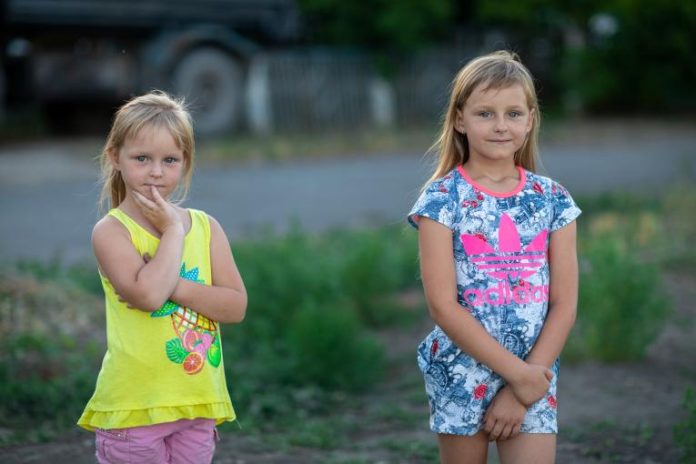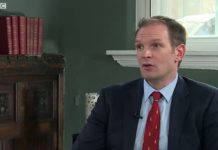On the sixth anniversary of the two-child limit, a Child Poverty Action Group (CPAG) survey has found widespread suffering and hardship among families affected by the policy with parents struggling to meet children’s basic needs as living costs soar.
The two-child limit restricts child allowances in universal credit (UC) and tax credits (worth up to £3,235 a year) to the first two children in a family, unless the children were born before April 2017 when the policy was introduced.
CPAG’s rolling survey, which since 2019 has collected 3,000-plus responses from parents subject to the limit, records a sharp rise in the number of families reporting that the policy has affected their ability to pay for gas and electricity, despite government intervention – from 73% in 2021/22 to 82% in 2022/23.
The number of working families affected by the policy who report that it has affected their ability to pay for food has risen from 78% in 2021/22 to 87% in 2022/23. The rate among non-working households has consistently reached 90% since 2019.
Most families (58%) subject to the policy are working and CPAG estimates 1.5million children are currently affected by it, including 1.1 million growing up in poverty*.
The impact of the policy on families’ budgets has been compounded by the cost-of-living crisis. While the Government has provided support with living costs for low-income households, the payments are flat-rate and therefore take no account of children in a household. And although benefits will increase in-line with inflation this month, the continued application of the two-child limit means affected families will still be well short of what they need.
Parents responding to the survey who have had a third or subsequent child in the past year or have completed the survey in the past year report:
One respondent to the survey said
“I am currently on maternity leave and can’t afford to stay at home for the full 39 weeks due to not receiving any extra help from tax credits as this is my 3rd child. I am struggling to buy food and heat the home whilst just on statutory maternity pay so I will have to return to work before my baby is 5 months old. I am exclusively breast feeding and my baby won’t be weened till 6 months so I’m having to express all the time now to freeze milk ready for my return to work. This means I can’t spend as much quality time bonding with my new baby as I’m worried about him not being able to have milk when I return to work as I can’t afford to buy formula”
Abolishing the two-child limit would lift 250,000 children out of poverty, and a further 850,000 children would be in less deep poverty at cost of just £1.3 billion. Unless the policy is abolished, the number of children affected will reach 3 million, as more children are born under the policy.
Chief Executive of Child Poverty Action Group Alison Garnham said:
“Six years to the day since this nastiest of policies came into effect, our survey is showing its devastating effects. The two-child limit makes it impossible for parents to provide their children with essentials – and the cost of living crisis is adding extra pain. The number of children in poverty rose by 350,000 last year – and the two-child limit played a big part in that rise. There is no place for this policy in a country that believes all children deserve a good start. Ministers must remove it before it does more damage to children and to family life.”







